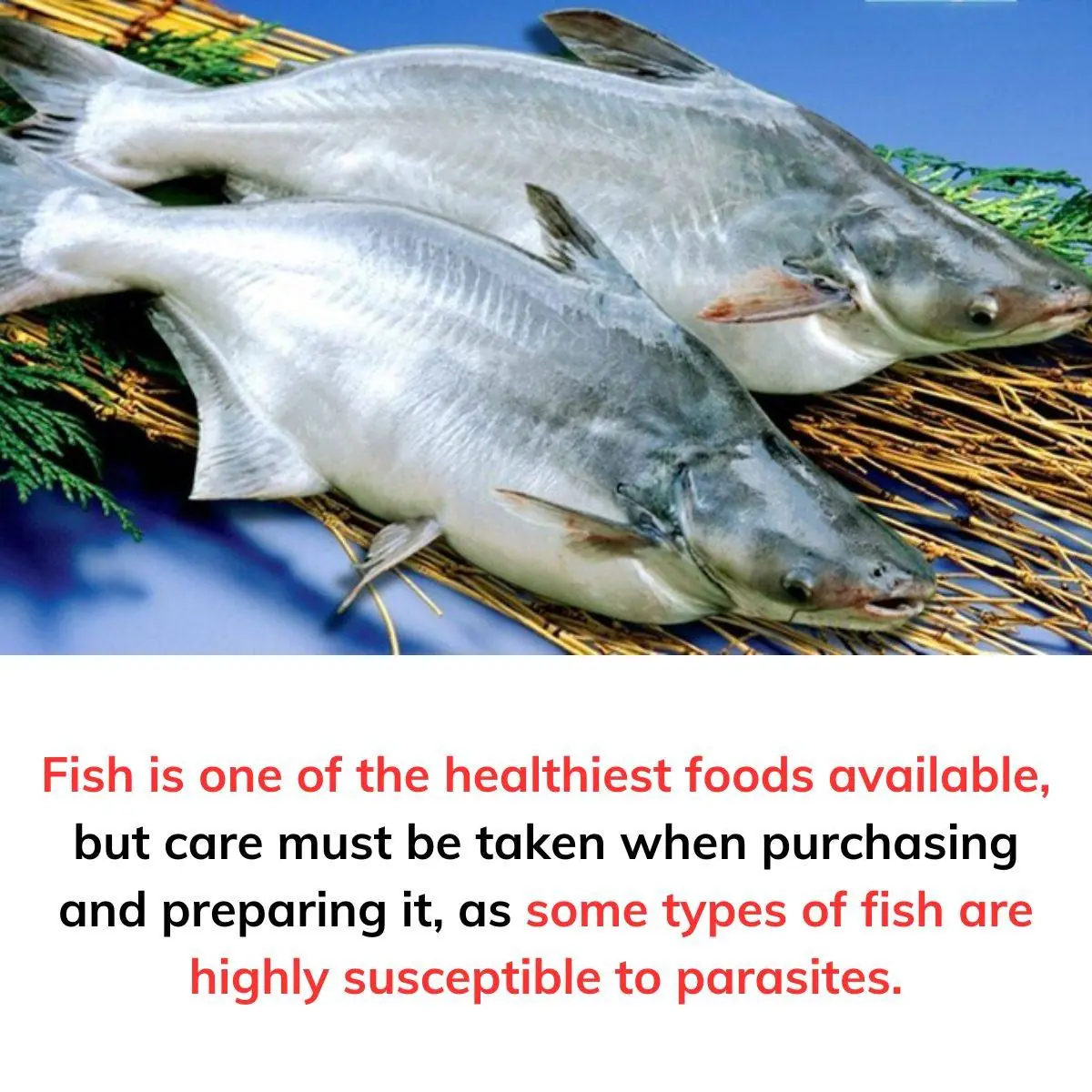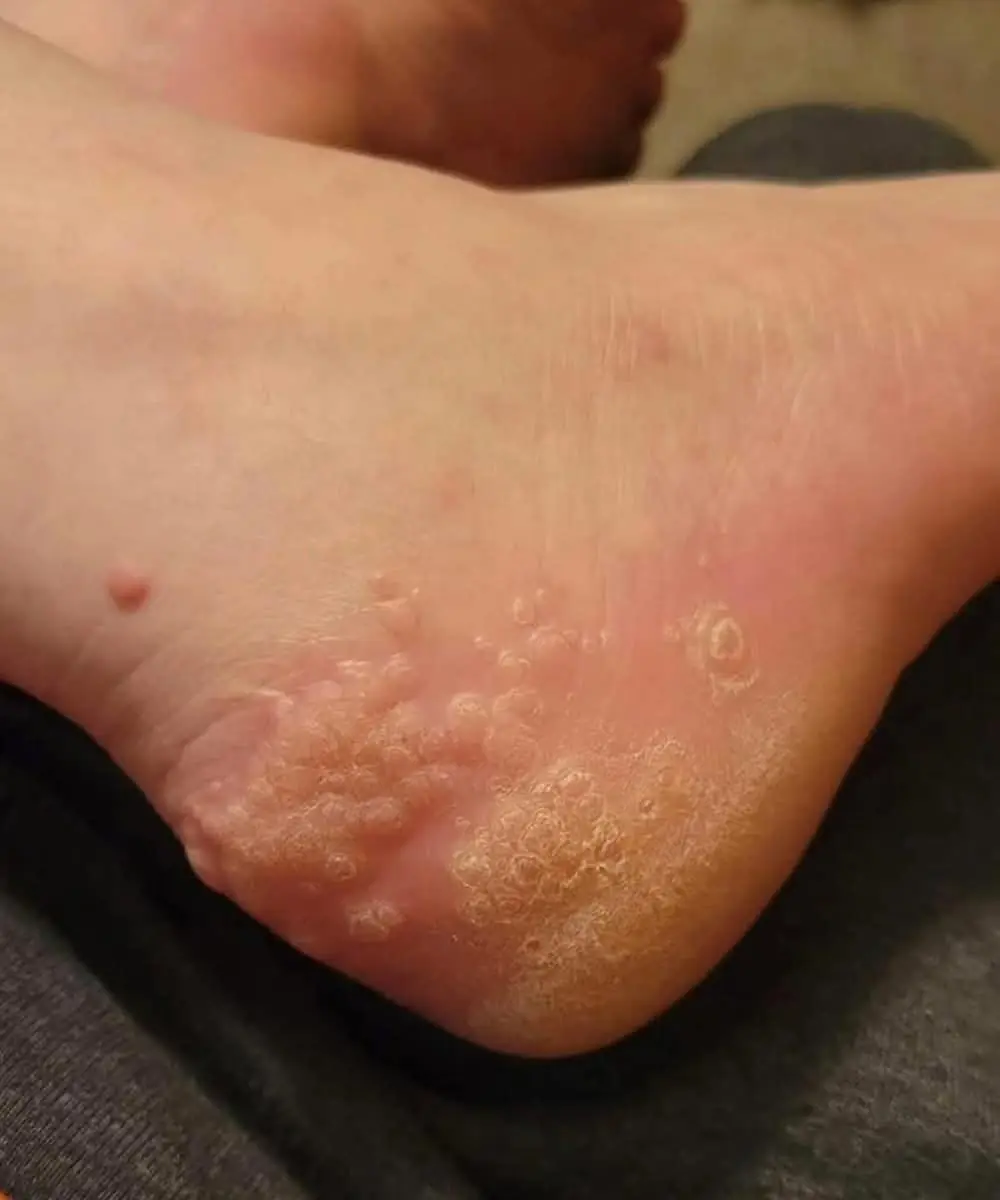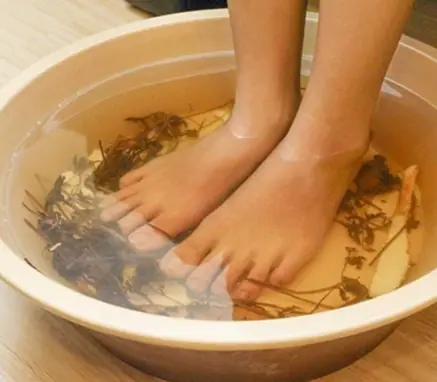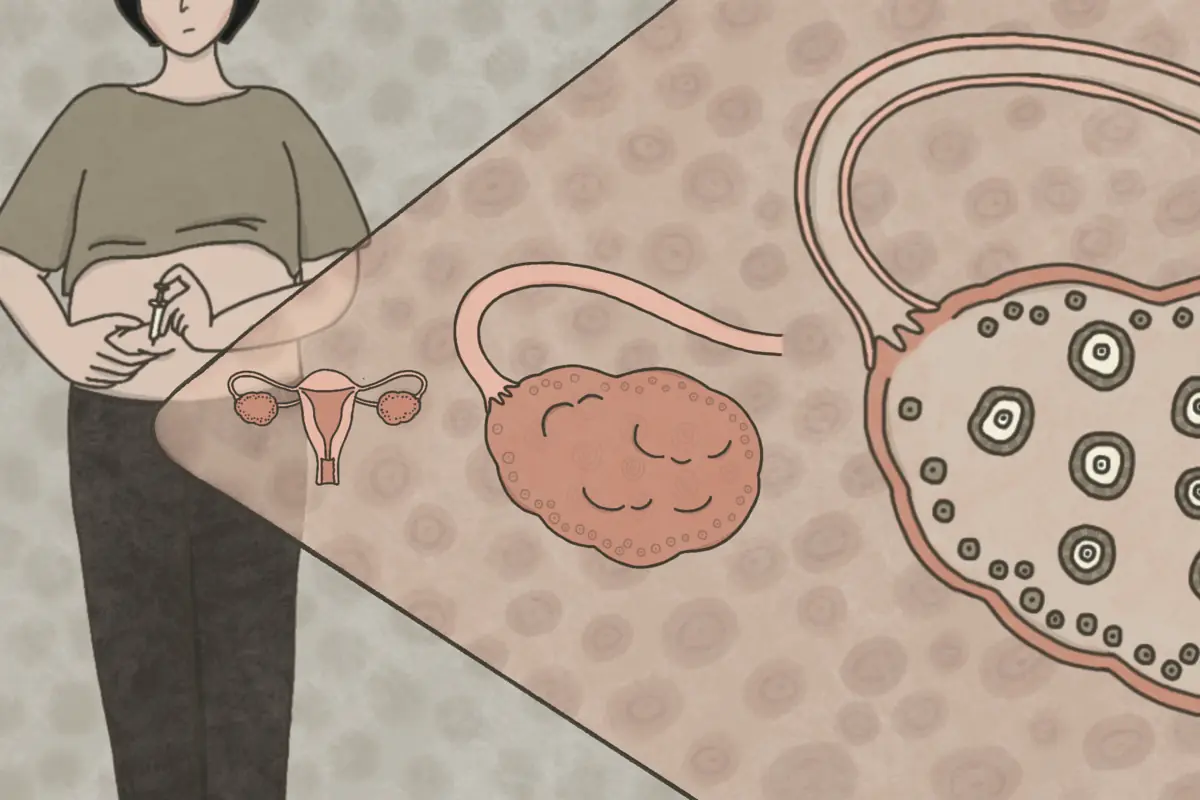
Fish Prone to Parasite Infections
Fish Prone to Parasite Infections
Fish is one of the healthiest foods available, but care must be taken when purchasing and preparing it, as some types of fish are highly susceptible to parasites.

Freshwater and brackish water fish are generally more prone to parasite infections than saltwater fish. This is because these environments often have conditions favorable for the growth and spread of parasites, such as temperature, water quality, and the density of aquatic organisms.
Which Types of Fish Are Susceptible to Parasite Infections?
Parasites can live in fish without killing them. However, when humans consume undercooked or raw fish, these parasites may be transmitted, leading to health issues, including serious illnesses. Understanding which types of fish are prone to parasites and following appropriate precautions will help you safely enjoy fish-based meals.
Freshwater Fish Prone to Parasites:
- Carp: Commonly infected by liver flukes, which can cause symptoms like abdominal pain, fever, nausea, and hepatitis. If untreated, it may lead to severe complications such as liver cirrhosis.
- Grass Carp: Susceptible to various parasitic worms. These fish often live near the bottom of muddy waters, an ideal environment for parasite development.
- Snakehead Fish (Channa): Found in ponds and stagnant water, they are prone to parasitic worms.
Brackish Water Fish Prone to Parasites:
- Pangasius (Basa Fish): The brackish waters of rivers and canals provide ideal conditions for parasites like worms and flukes to thrive.
- Tilapia: Commonly infected with flukes and roundworms.
Saltwater Fish and Parasite Risks:
While marine fish have a lower risk of parasite infections, certain species, especially those in deep or bottom waters, are still at risk.
- Salmon: Whether in saltwater or freshwater (during migration), salmon are susceptible to Anisakis worms, which can cause severe abdominal pain, vomiting, and hives.
- Cod: Another species prone to Anisakis infections, as these parasites can survive in fish muscle tissues and pose health risks if the fish is not thoroughly cooked.
Preventing Parasite Infections from Fish
To ensure food safety and minimize the risk of parasite transmission, follow these steps:
-
Thoroughly Cook Fish
Cooking fish completely is the most effective way to kill parasites. Avoid eating raw or undercooked fish, especially in dishes like sushi, sashimi, or ceviche. -
Freeze Fish Before Consuming Raw
If you intend to eat raw fish, make sure it has been frozen at -20°C (-4°F) for at least 7 days to kill parasites. Freezing is an effective way to neutralize parasites without compromising the fish's natural flavor. This is a common practice for neutralizing worms in salmon. -
Proper Storage and Cleaning
- Store fish in a refrigerator at below 4°C (39°F) or freeze it at -18°C (0°F) to prevent parasite growth.
- Rinse fresh fish under cold running water to remove dirt and debris before preparation.
- Use separate knives and cutting boards for raw fish to avoid cross-contamination with bacteria and parasites.
By following these guidelines, you can reduce the risk of parasite infections and enjoy the nutritional benefits of fish safely.
News in the same category


When a cat rubs against you - This is what it really means

While Silicon Valley Sleeps, Europe Is Rewriting the Rules of Tech

Some people are only now realizing what the “WC” sign stands for on washrooms

Feng Shui masters say these 4 apartment floors bring wealth and stability — are you living on one of them?

If AI Keeps Growing This Fast, Which Job Will Vanish First?

Hacks Everywhere: How the Age of Digital Shortcuts Is Rewriting Power, Privacy, and Survival

Europe’s Tech Awakening: How the EU Is Racing to Reclaim Its Digital Power

Here's why you should never sleep with a fan on at night

8 Foods You Should Not Combine With Chicken Meat — Everyone Should Know to Avoid Health Risks

A Builder’s Warning: Why You Shouldn’t Put a Bathroom Under the Stairs — Even With an Unlimited Budget

Air Fryers Are Convenient—but Never Use Them to Cook These Foods: The Complete List

What Happens to Your Body If You Eat 1 Clove of Garlic Every Day?

So this is what it does, here is the answer

People Who Eat Sweet Potatoes for Breakfast Daily Notice These Changes

Study reveals what really happens to your body if you go in sauna directly after working out

Why are the toilets on the train connected directly to the tracks?

A Flower Once Thought Useless Turns Out to Be a Fragrant, Delicious Dish—Now Going Viral

These are the consequences of wearing used…

If you often notice ringing in your ears, this might be a sign that you will suffer from...
News Post

8 warning signs your stomach disease may have reached a severe stage

People about to have c.an.cer often have 3 signs in the neck, early examination still has a chance of treatment

New York-Style Peach Cobbler Cheesecake

7 Shocking Health Benefits of Sweet Potatoes You Never Knew About

5 Detox Baths to Remove Aches, Pains and Toxins + Fragrant Bath Melts Recipe

Sudden confusion or difficulty speaking: when it’s more than just fatigue

Cherry Pistachio Cheesecake

Age 46-55 is 'high ri.sk period in life': 10 signs in people prone to str.o.ke, 'early de.a.th'

Unusual changes in the body warn that the kidneys are weakening. You should not be subjective

Vegetables listed as can:cer - causing that many people still eat, should be stopped immediately

Livestock and Veterinary Experts: 5 Ways to Identify Safe, High-Quality Pork and Distinguish It from Dise.ased or De.ad Pigs

Do Women Have Only 400 Eggs in a Lifetime? The Truth Behind the Claim “Whoever Runs Out of Eggs First Ages First”

Most people will go their entire life without ever knowing what the little arrow next to the gas gauge actually means

When a cat rubs against you - This is what it really means

While Silicon Valley Sleeps, Europe Is Rewriting the Rules of Tech

What happens to people who regularly eat sweet potatoes for breakfast over a long period of time?

The Health Hacks No One Told You About (But Your Body Has Been Begging For)

Banana Split Milkshake

What is the nutritional difference between black garlic and regular garlic?
